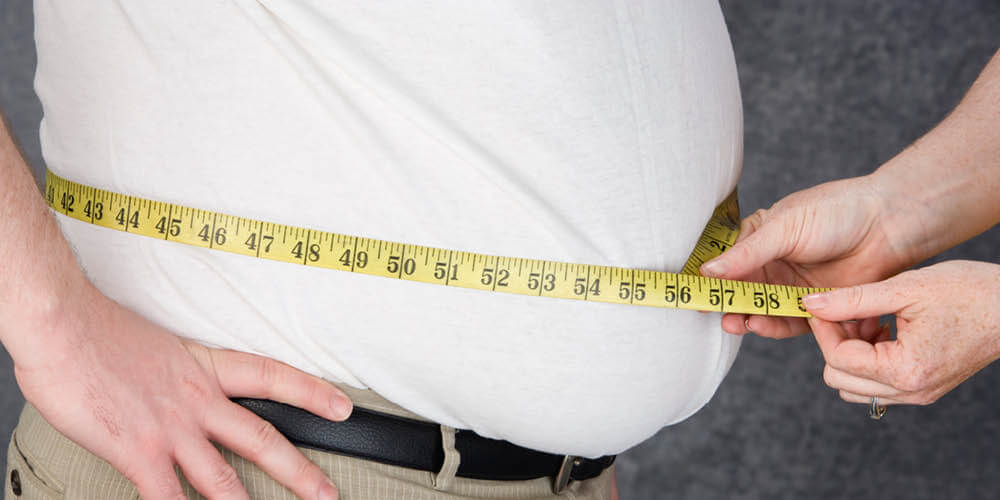
Are you carrying excess belly fat? Do you find yourself having to put a new notch in your belt every year? If your waistline has gained girth over the years, you've got more to worry about than just your physical appearance.
Belly fat, called visceral fat, is a serious problem. In fact, your abdomen is probably the most dangerous place your body can store extra fat. A big waistline puts you at increased risk of several serious health problems including diabetes, high blood pressure, stroke, and heart disease.
How Does Belly Fat Actually Affect Your Body?
Abdominal fat breaks down easily into fatty acids, which flow directly into the liver and into muscle. When this happens, it can trigger a chain reaction of changes including increased LDL (bad) cholesterol levels and triglycerides. Insulin can also becomes less effective in controlling blood sugar, so insulin resistance sets in. As your blood sugar starts to get out of whack, fats and clots get into the bloodstream setting you up for diabetes, heart disease and other serious diseases. The combination of high blood pressure, high levels of blood sugar, triglycerides, and low levels of HDL (good) cholesterol have a serious impact on mortality and heart disease.
Belly Fat: The Difference Between Men & Women
Men have a tendency to have more overall belly fat than women, which generally starts at a younger age. This is one of the reasons why men have a higher risk of heart disease than women.
One large study found that men with excess belly fat were most at risk for "all-cause mortality", early death from any cause. Women seem to be protected from belly fat before menopause because most of their fat tends to collect in their buttocks and thighs. This type of fat is thought to help protect women from cardiovascular disease. However, during menopause, women's fat tends to settle in the belly, which causes much more concern than thigh and buttocks fat. Women are five times more likely to die of heart disease if they are carrying more fat in their waist as well as have high levels of fats in their blood. Obesity also stimulates cancer cells to grow more rapidly, increasing a women's risk of breast cancer.
What Can You Do To Reduce Your Belly Fat & Get Healthy?
Although your genes play a big role in how your body is shaped, there is certainly evidence that suggests a healthy diet and regular exercise can help reduce excess belly fat and reduce your risk of serious diseases like heart disease.
The bottom line is that if you've got a big belly, you have to lose weight to avoid an increased risk of serious health issues.
Source: WebMD
